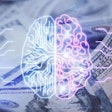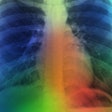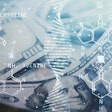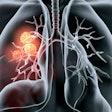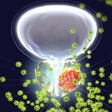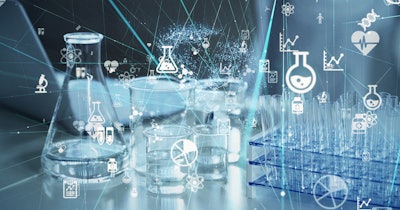
A team at Klick Applied Sciences have created an artificial intelligence (AI) framework that is able to identify new indications for existing drugs.
The scientists presented their findings at the NeurIPS conference, which was held in New Orleans from December 10 to December 16.
The team, led by Jouhyun Jeon, lead scientist and principal investigator at Klick Applied Sciences, integrated machine-learning methods with extensive biological and clinical datasets to create the algorithm, dubbed LOVENet for Large Optimized Vector Embeddings Network. Their findings showed LOVENet to be successful in highlighting drug associations with other disease states, which had already been confirmed in the scientific literature.
LOVENet integrates a large language model and structured knowledge graph technology, which mathematically represents the relationships between drugs and diseases to find new therapeutic applications for existing drugs.
The development and testing of new therapeutics is costly and time-consuming; therefore, drug repurposing -- identifying new therapeutic indications for existing drugs-- is an area of great interest. While there are estimates that 30% to 40% of new therapeutics are repurposed, there are also challenges to repurposing drugs, such as a lack of data or access to data, and subsequent uncertainty about their efficacy.
“The usual path for developing new medicines can take more than a decade,” Jeon said. “By using AI to speed up the repurposing process, we hope to shave years off current timelines, identify more uses for existing drugs, and ultimately provide physicians and patients with more treatment options across a wide range of therapeutic areas.”











